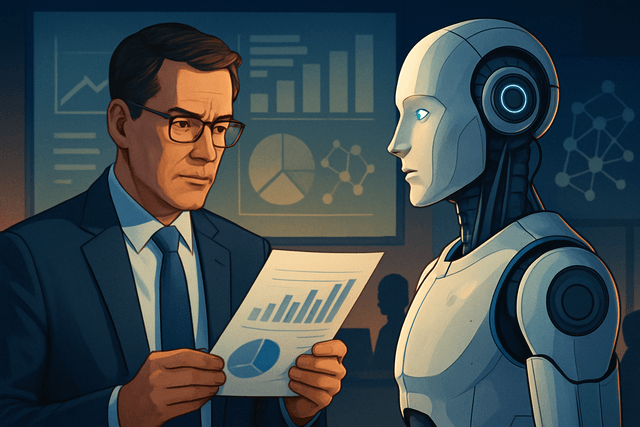McKinsey's latest research on AI in the workplace reveals a striking disconnect between organizational ambition and implementation reality. While nearly all surveyed companies are investing in artificial intelligence, a mere 1% believe they have reached maturity in their AI deployment efforts.
The report, titled 'Superagency in the Workplace: Empowering People to Unlock AI's Full Potential,' was published in January 2025 and is being highlighted by McKinsey partners Michael Chui, Roger Roberts, and Lareina Yee in a special presentation on July 29, 2025. The research draws inspiration from Reid Hoffman's book 'Superagency: What Could Possibly Go Right with Our AI Future,' which explores how AI could enhance human agency and potential.
According to the study, AI stands apart from previous breakthrough technologies like the internet, smartphones, and cloud computing because it offers far more than just access to information. Modern AI systems can summarize content, write code, engage in dialogue, reason through problems, and make choices. This represents a fundamental shift from tools that merely provide information to those that can actively process and act upon it.
The research reveals that employees are adopting AI more rapidly than their leaders realize. While C-suite executives estimated only 4% of employees use generative AI for at least 30% of their daily work, the actual figure is more than three times higher at 13%. Additionally, 47% of employees believe AI will replace nearly a third of their work within a year—a projection significantly underestimated by leadership.
Perhaps most surprisingly, the study concludes that the primary barrier to successful AI implementation isn't technology limitations or employee resistance, but rather leadership alignment and vision. Nearly half (47%) of C-suite leaders believe their companies are moving too slowly on AI development due to leadership misalignment and talent gaps.
"This is the moment for leaders to set bold AI commitments and to meet employee needs with on-the-job training and human-centric development," the report states. Companies that fail to stretch their ambitions toward systematic change risk falling behind competitors who successfully harness AI's transformative potential.

